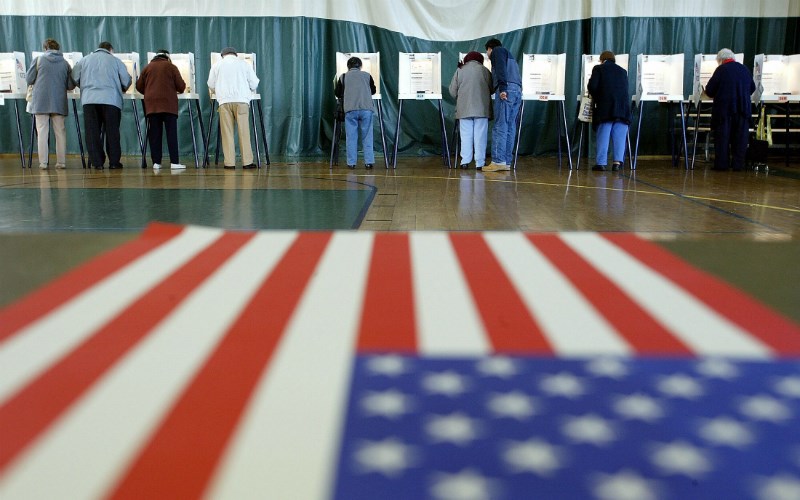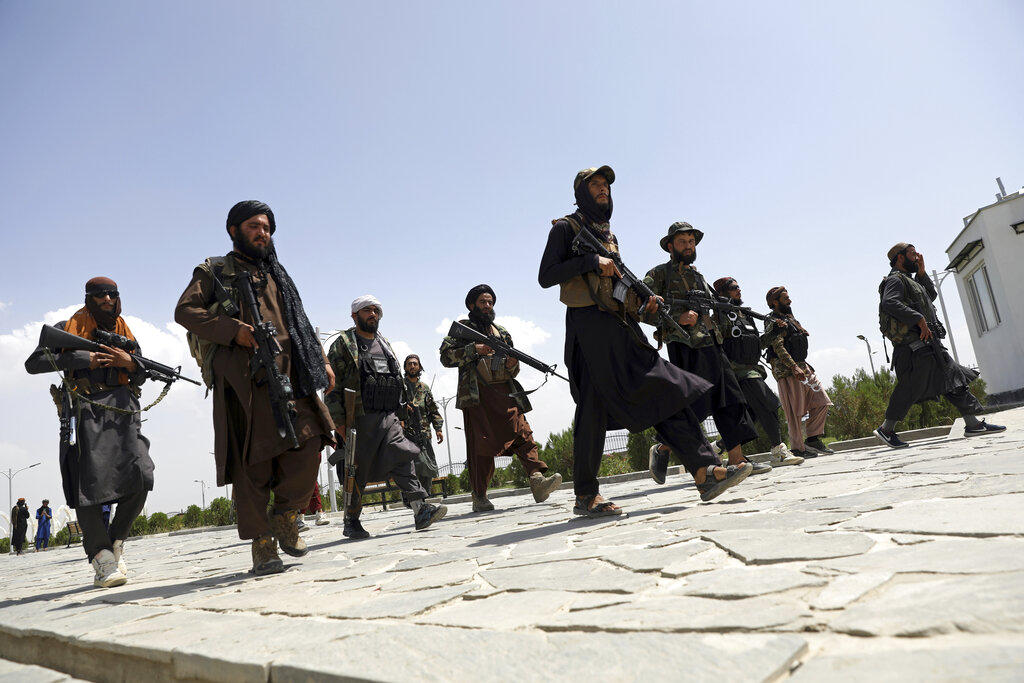Looking at post-election figures, Pew Research crunched the numbers and found that 90% of church-attending black voters cast a ballot to put abortion-supporting, homosexual rights-defending Biden in the White House.
Alveda King, a niece of the Civil Rights leader and a pro-life activist, tells American Family News the lopsided support comes from a trait that, in almost any other context, would be a virtue.
“We have a very interesting history in the African-American community: a history of loyalty,” she says. “Once we have been taught and trained, pretty much that's where we will stay regardless of external circumstance.”
That does not mean black voters fled from President Donald Trump, especially since pre-election polls showed growing support among blacks. Exit polls confirmed that, too.
Yet what Trump was up against, King frankly says, is a Democratic Party machine that knows it can rely on black congregations, and pastors in particular, when Election Day nears.
“African-American leaders, such as pastors, still accept get-out-the-vote money from the Democrat party,” she warns. “They close their eyes to the issues and the policies, accept the money, and just turn the vote out.”
Black pastor: 'You don't tell them how to vote'
The close relationship between the Democrat Party and black churches is no secret. NPR reported in a March story on the importance of "Souls to the Polls" voter drives at black churches. For its story, the liberal news organization used the example of the African Methodist Episcopal Church, which oversees more that 500 churches across Georgia.
Bishop Reginald Jackson, who oversees those churches, told NPR that the only goal is to "get people to vote" but not to tell them who to vote for.

"You don't tell them how to vote," he told NPR, "but we are encouraging them to vote."
NPR somehow missed Bishop Jackson's January interview, two months earlier, when he told news website InsiderNJ in his native New Jersey that he was immersed in politics back in Georgia to get Senate candidates Raphael Warnock and Jos Ossoff elected.
"We have to make sure this election does right by the folks in Georgia," he told a reporter, "and I think right now, based on what we’re seeing, the early returns look very good."
The influential bishop also commented that Georgia is now "competitive" for Democrats thanks to the work of Stacy Abrams, and he said he is enjoying working closely with Abrams and with Atlanta's mayor, Keisha Lance Bottoms.
King currently lives in the Atlanta area, a longtime hotbed of Democratic Party activity and, more recently, accusations of blatant voter fraud in 2020.
Most black churches are politically active, King tells American Family News, because the right to vote was a hard-fought one that is not taken for granted. But those churches need to align their politics, she says, with the Bible.
“And we can read our Bibles ourselves,” she says. “We can't just depend on our pastors to help us with that.”







